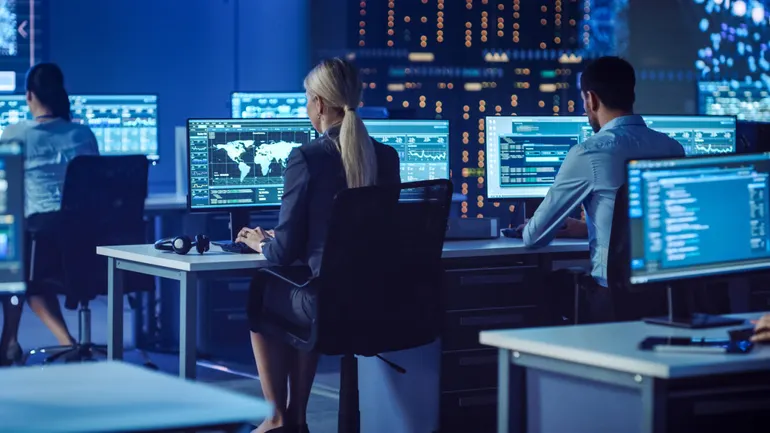How AI Agents Could Revolutionize the SOC Analysis Report
5W1H Analysis
Who
The primary stakeholders involved are cybersecurity firms and Security Operations Centres (SOCs). Key individuals include IT professionals, data scientists specializing in AI, and cybersecurity analysts. Organisations such as Gartner are also significant as thought leaders in technology forecasts.
What
The event focuses on the potential of AI agents to take over common tasks performed by cyber defenders. This development signifies a shift in how SOCs operate, potentially increasing efficiency and reducing human error.
When
The news was published on 11 June 2025, but discusses developments that are potentially set to occur within the next few years.
Where
The impact of AI agents is global, affecting cybersecurity sectors worldwide, particularly in tech-savvy regions that are heavily dependent on digital infrastructure.
Why
The driving force behind this development is the need to enhance cybersecurity efficacy and manage increasing volumes of security threats more efficiently. AI agents can operate continuously without fatigue, making them suitable for routine but critical operations.
How
AI agents use machine learning algorithms to detect patterns and anomalies within network data. They can automate routine tasks, such as monitoring network traffic, identifying potential threats, and executing initial response protocols.
News Summary
AI agents are poised to transform Security Operations Centres by automating routine cyber defence tasks. These agents, while not entirely foolproof, offer a substantial efficiency boost by handling tasks traditionally managed by human counterparts, thus allowing human experts to focus on complex threat analysis. This shift is driven by the increasing sophistication and volume of cyber threats necessitating enhanced operational capabilities.
6-Month Context Analysis
In the past six months, there has been a noticeable uptick in leveraging AI across various industries, including cybersecurity. Prior developments include the deployment of AI for threat intelligence platforms and automated incident response systems. This trend aligns with businesses and organisations seeking innovative strategies to mitigate cyber threats as traditional methods become less effective against advanced persistent threats.
Future Trend Analysis
Emerging Trends
The emerging trend is the increasing adoption of AI-driven automation in cybersecurity, which goes beyond traditional methods by providing real-time threat monitoring and response capabilities.
12-Month Outlook
In the next 12 months, we predict wider integration of AI agents in SOCs, especially in larger enterprises with significant cybersecurity infrastructure. Smaller organisations may begin adopting cloud-based AI solutions to enhance their cybersecurity posture cost-effectively.
Key Indicators to Monitor
Key metrics include the rate of adoption of AI tools in cybersecurity, the frequency and sophistication of cyber threats intercepted by AI, and advances in AI capability maturity as evaluated by institutions such as Gartner.
Scenario Analysis
Best Case Scenario
AI agents significantly reduce cybersecurity incidents, allowing organisations to pre-emptively neutralise threats. This creates a safer digital environment, enhancing trust in digital platforms.
Most Likely Scenario
AI agents begin handling routine SOC tasks effectively, freeing up human resources for more complex analysis. This leads to improved response times and threat management.
Worst Case Scenario
Technical limitations or sophisticated cyber-attacks could potentially exploit vulnerabilities in AI systems, resulting in breaches that challenge the reliability of AI-driven cybersecurity solutions.
Strategic Implications
Organisations should invest in AI research and development within their security teams to maximise the benefits of AI agents. It's crucial to integrate human expertise with AI insights to reinforce decision-making processes. Continuous training for IT staff on AI capabilities and limitations will be essential.
Key Takeaways
- Cybersecurity firms and SOCs should prepare for AI agent integration to enhance security efficacy.
- Global markets, particularly those heavy on digital operations, will be significantly impacted.
- Monitoring AI adoption rates and AI advancements in cybersecurity is critical for anticipating industry shifts.
- Investment in human-centric AI training will be pivotal in leveraging AI effectively.
- Companies should remain vigilant about potential AI vulnerabilities and continuously refine security protocols.











Discussion